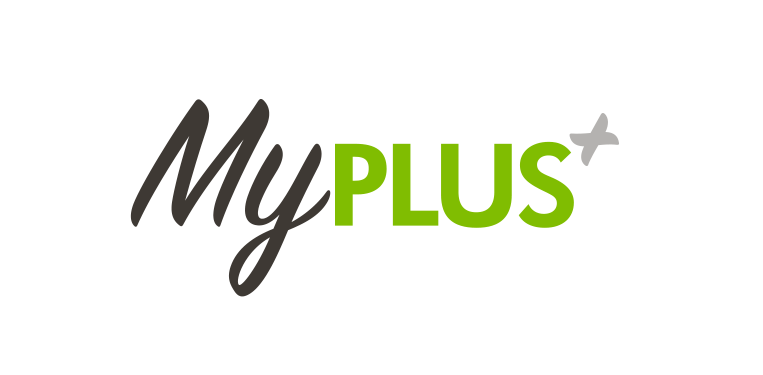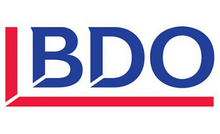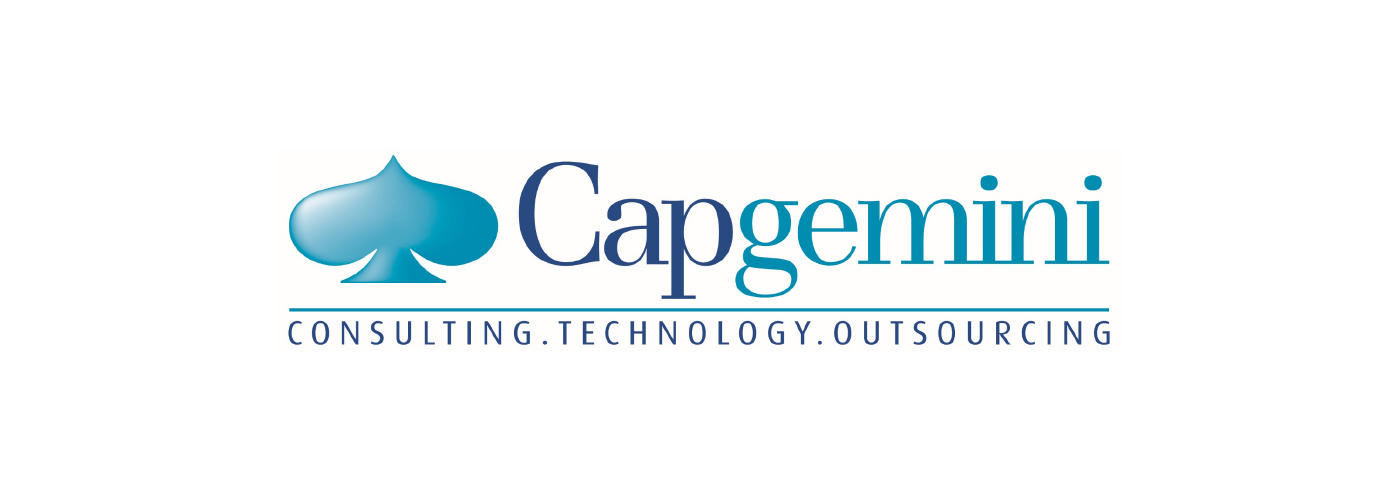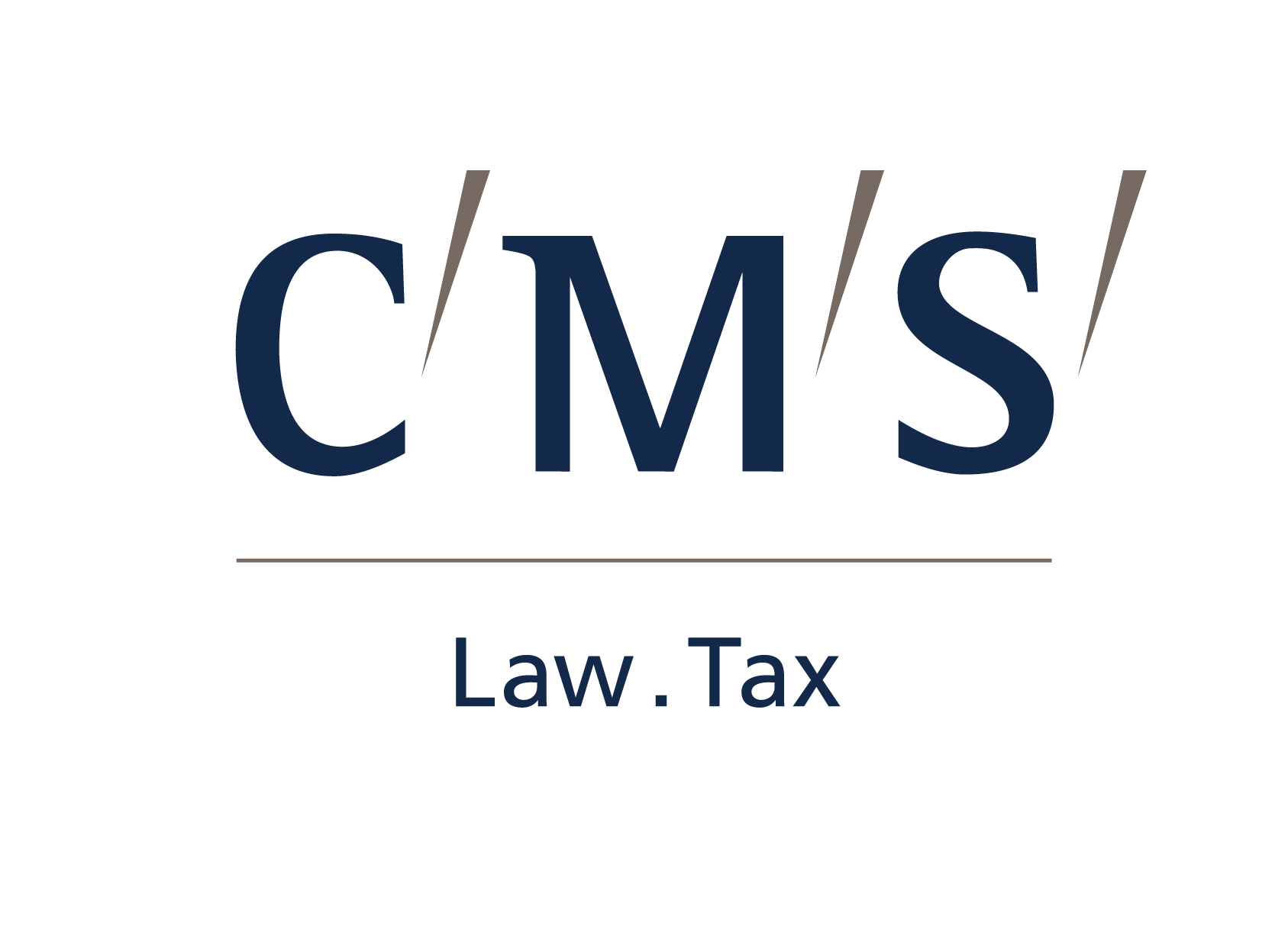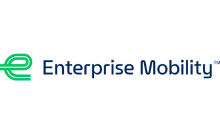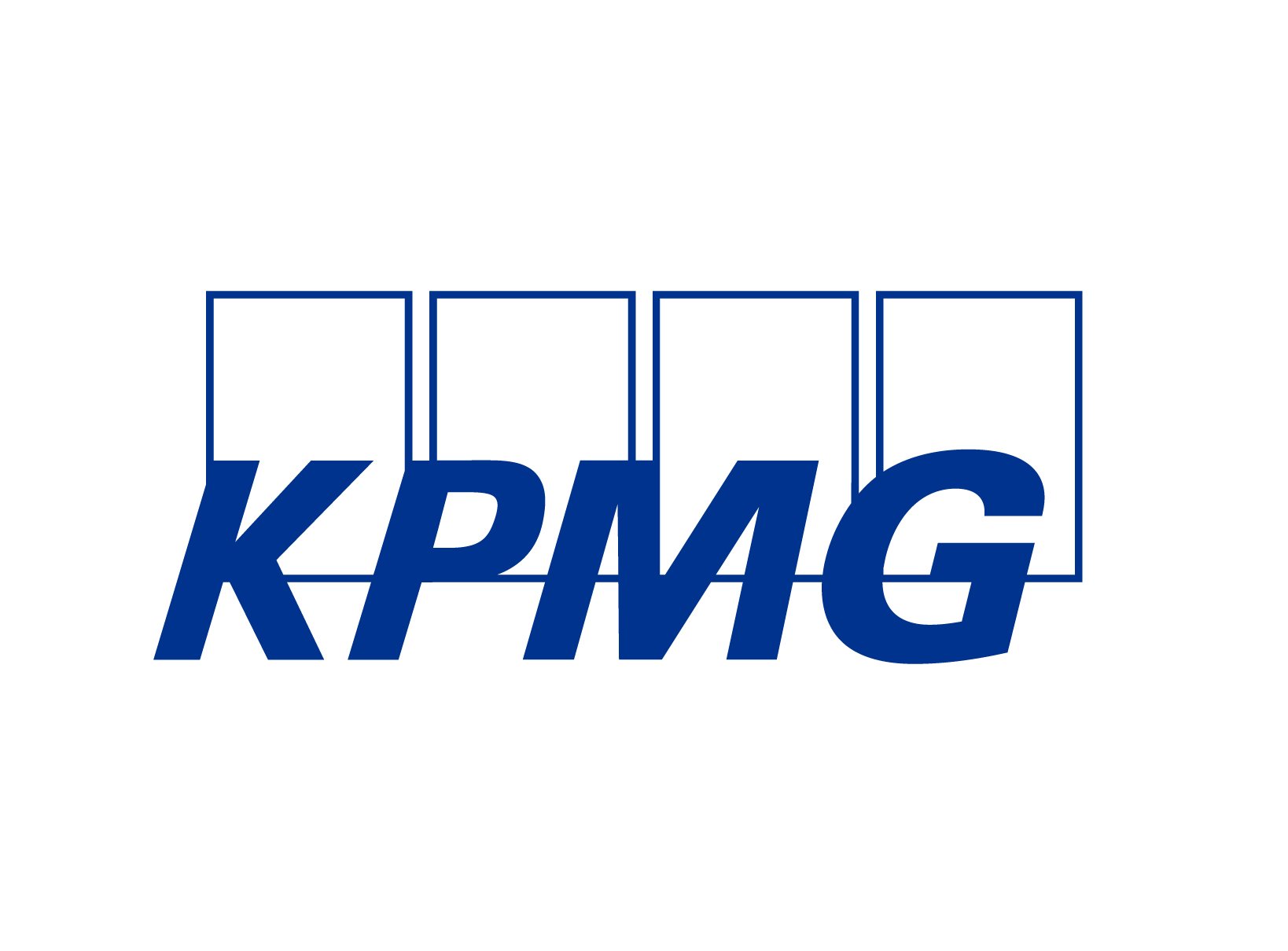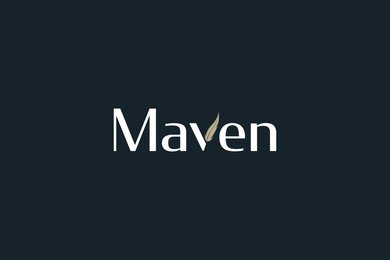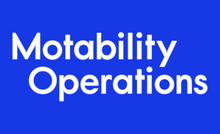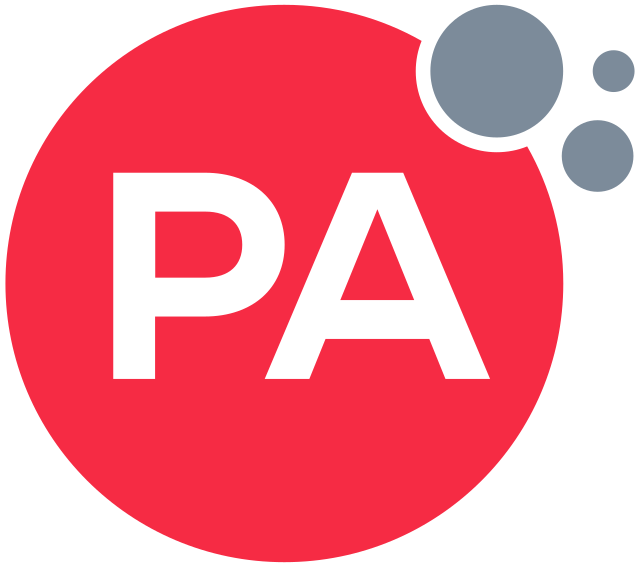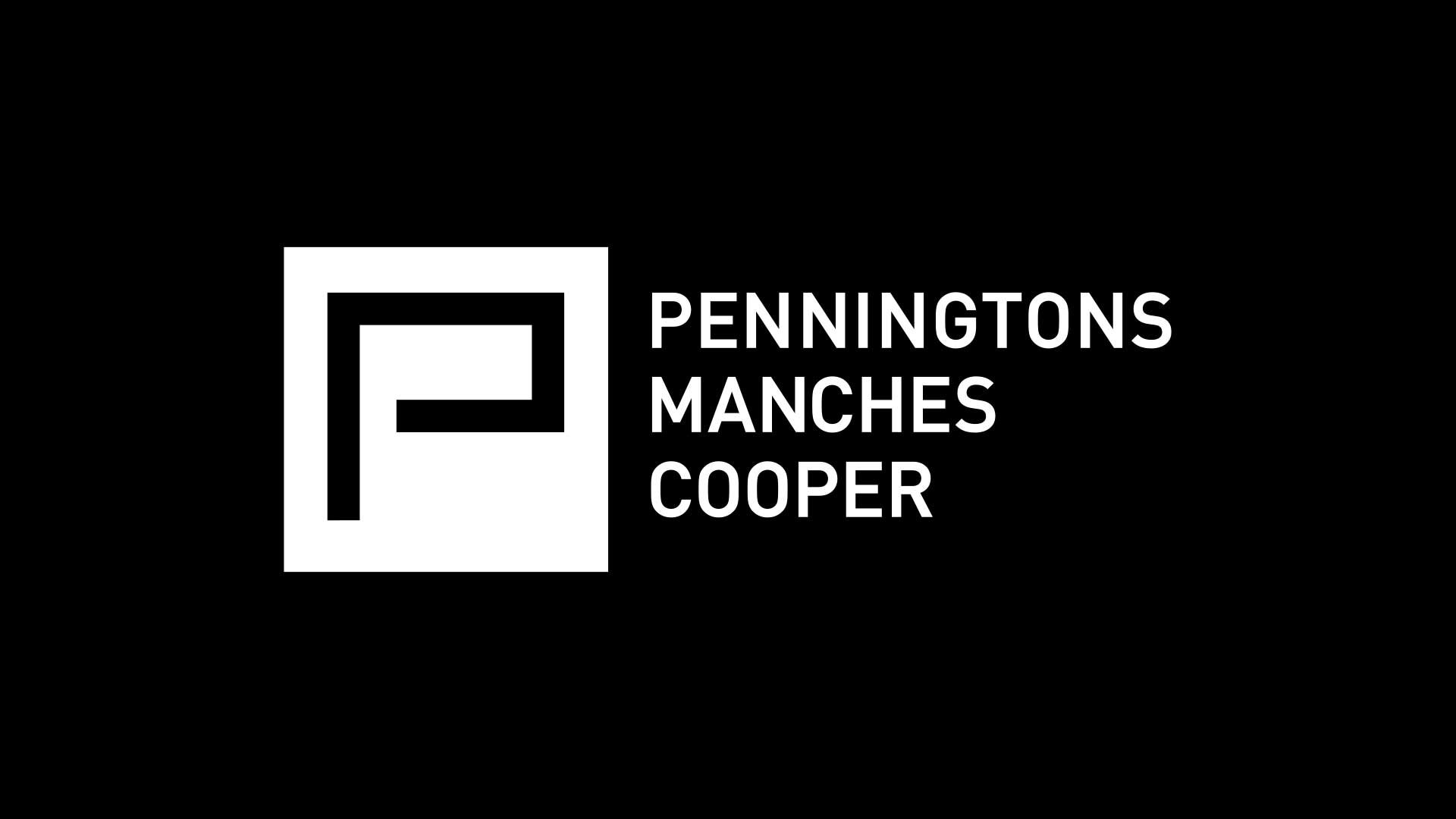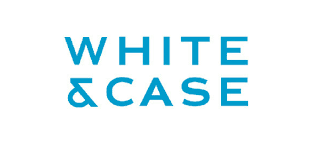Graduate Recruiter’s Breakfast Seminar 6 (BS’6)
Hosted by Hogan Lovells
The sixth Breakfast Seminar for members of the Graduate Recruiters Disability Café Club (GRDCC) was held on 31 January 2013 at the offices of Hogan Lovells. The focus of this seminar was to facilitate a better understanding of the impact of acquiring a disability, particularly on academics and seeking employment.
Four exceptionally bright individuals, each with first hand experience of disability, spoke with delegates in small groups about their own situation. Between them they exemplified a wide range of disabilities including dyslexia, visual impairment, limited mobility, spinal cord injury and depression.
The discussions proved insightful and useful for the recruiters as it enabled them to increase their understanding of what acquiring, and living with, a disability involved and the considerations required when it came to applying for jobs.
Michael emphasized the importance of openness, both while at university and with employers. He has no issues with disclosing his disability, and hopes that employers will be open to discussing this with him further.
David had similar feelings about disclosure, and would like employers to avoid word limits in the disability sections of their applications. He explained that word limits were unhelpful when trying to talk about something complex and personal. David also talked about the wish for employers to contact him directly to discuss what adjustments and support he may require during the recruitment process.
Jennifer shared her struggle with explaining gaps in her academic history. She prefers to highlight the skills she has gained from her unique experience of disability, rather than the negative elements.
And Yasmin spoke of the challenges presented by acquiring a disability later in life. She expressed appreciation for the support she received from colleagues during this transition without which she would have found returning to employment much more difficult than it already was.
After the small-group discussions, attendees shared what they learnt from the speakers and how these case studies have informed their recruitment processes. Key issues included differing opinions on disclosure, recognizing the experience and skills gained from having a disability, and possible improvements to their recruitment processes.
Key learnings included:
- The need for recruiters to make it easier for candidates to disclose their disability.
- Providing a tick box where applicants can ask for the recruiter to contact them to discuss their disability.
- Enabling applicants to meet with disabled employees at the organisation they were applying to in order that they can better understand the challenges they may face in their careers and the support available.
The speakers at this seminar provided GRDCC members with invaluable insights into firsthand experience of disability. The understanding enables the improvement of recruitment strategies to better cater to talented disabled students.
